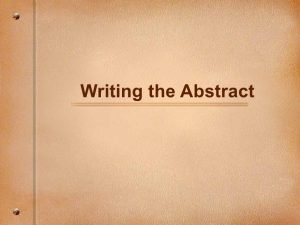
The paper reviews the evolution of the Athenian city-state from the beginning of the fifth to the end of the fourth centuries B.C. All the social, political, and cultural transformations are analyzed from the point of their influence on the citizenship mentality. In the first section of the text, the process of the incipience of the democratic social order in Athens is investigated. The author pays premium attention to the issue of the contribution of the cultural institutes to this phenomenon. Namely, the pride place goes to the appearance of a public theater. Additionally, social-cultural alterations are analyzed in a way as they are represented in the comedies by Aristophanes. The analysis of the key problems of peace and war, liberty and politics, upbringing and morality make the basis of this part of the research. The final chapter observes the crisis situation within the polis institutions and their origin. Together, these outcomes permit to draw a deduction that the development of the Athenian polis primarily depended on the political and economic factors that caused deep alterations in the citizenship morality of the Classical Greek community.
